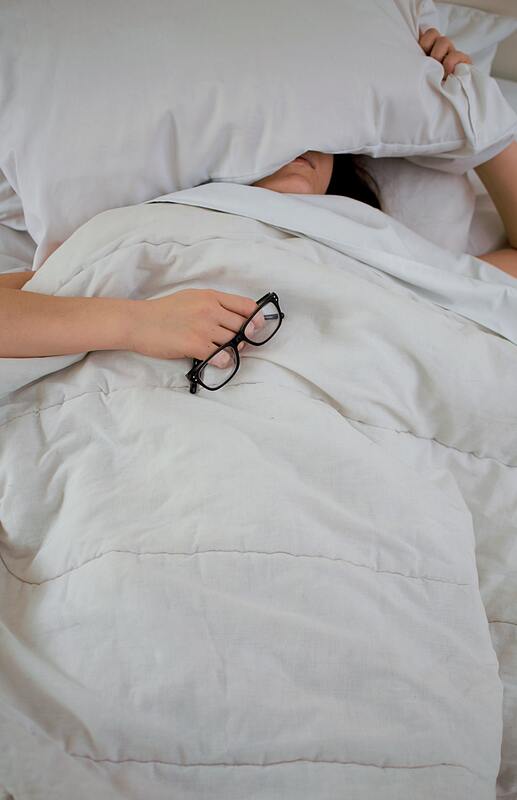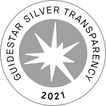|
Photo by Isabella and Zsa Fischer on Unsplash
By Leonid Nevezhin Sleep is incredibly important to the human body, but many individuals neglect that. You must sleep in order to avoid all the problems and negative health benefits that happen and can happen as a result of not enough sleep, or sleep deprivation. This essay is divided into three sections. The first is called “Randy Gardener”, and contains two examples of what lack of sleep causes and can cause. “What happens if you don’t.”, is the second section, and discusses the negative health effects associated with sleep, how exactly they are a result of sleep deprivation, and what these negative health effects would mean to you. The last one is called “How to fall asleep.” and contains ways that you can fall asleep faster and how you can make it easier for yourself. Randy Gardner. Sleep is essential to us as humans. It gives our body energy and time to replenish. First, let’s talk about how long a person can go without sleep. The current record-holder is Randy Gardner, who stayed awake for 11 days, 264 hours, without sleep back in 1964. In 2017, he did an interview with WBUR-FM, a radio station run by Boston University, and told his story. After about 2-3 days of not sleeping, Randy began to feel nauseous. At about day 4-5 he had a hard time remembering things and answering questions. “I mean, it was crazy where you couldn’t remember things. It was almost like an early Alzheimer’s thing brought on by lack of sleep”, he stated. Gardner also said that the longer he stayed up, the more irritable and agitated he got. “I had a very short fuse on day 11. I remember snapping at reporters. They were asking me these questions over and over and over.”, Randy recalled in the interview. After staying up for exactly 11 days, as he originally planned, he dropped into bed and slept for 14 hours. At the time, everything was fine. He awoke after 14 hours of sleeping and felt perfectly normal, as he did for the next 50 years. Then, the feat came back to haunt him. When he was in his late 60s, Randy and Ilona’s cat, George, died. “... and I was so upset that the vets didn't catch it, that they never looked in her mouth to find this tumor, that they blamed every other thing. And then she died, and I was so wracked with guilt…”. This moment, accompanied with Gardner’s ancient stunt, triggered it. Randy Gardner was diagnosed with insomnia. “I could not sleep, I would lay in bed for five, six hours, sleep maybe 15 minutes and wake up again.” Gardner also became incredibly agitated and was “awful to be around”. Scientists and researchers couldn’t figure out why this happened to him but Randy called it karma. He wasn’t the only one who suffered serious consequences. One of the people that inspired him to do this challenge in the first place was Peter Tripp, a radio DJ who stayed awake for 7 days. “In the months that followed, Tripp seemed unable to recover his center of gravity. He fought with his boss and lost his job. He ended up as a salesman, drifting from town to town across America Those that knew him well were convinced that those eight days without sleep had left him permanently damaged”, was the statement of one of the psychiatrists that monitored Peter during his wake-a-thon. Days after Randy finished his challenge, Guinness World Records released that it would no longer accept or support records related to sleep because of the related health risks. What happens if you don’t. Obviously, you won’t stay awake for 264 hours. But what happens if you have an irregular sleeping schedule and don’t get the sleep required by your body to function as it should?
- Heart attacks - which occur to over 1 million Americans each year, and even if you survive it (82% chance), it can still lead to tissue death that results in lasting damage to the heart muscle. - Heart failure - which about 6.5 million Americans suffer from, was the cause of 1 out of every 8 deaths in 2017, and leads to an estimated national loss of $30.7 billion. - Irregular heartbeat (heart palpitations) - makes your feel as if your heart is beating too hard, too fast, skipping a beat, or fluttering. They can be bothersome or frightening and can sometimes be a sign of a more serious heart condition.
How to sleep. Lastly, let’s discuss how you can fall asleep and how you can make it easier for yourself.
Sleep. I sincerely hope that after this that you understand the consequences, and will at least try to sleep more regularly and enough. Humans need an average of 8-10 hours of sleep. Less than 7 is not enough and more than 10 is too much. It is recommended that as teens, and are still growing, we receive 9 hours of sleep a night. Also yes, I am aware that not all of these consequences are certain, but some have a much greater chance of happening than others and some are actually certain. In conclusion: sleep.
0 Comments
Leave a Reply. |
Archives
September 2022
Categories
All
Disclaimer
The opinions and views expressed in this blog are those of the authors and do not reflect the views, opinions or standpoints of Youth4Better. Any content published in this blog is not with the intent of harm towards any religion, ethnicity, race, organization, club, society, individual, or anyone or anything. |
Youth4Better
- Home
-
Campaigns
- Summer Camp
- Veteran`s and Memorial Day
- Westchester County Pitch in For Parks
- Repurpose Right
- Peer Mentoring
- Branches of Joy Christmas Tree Contest
- Self-Expression through Masks
- Heritage Revival
- Recycling 4 Better
- Holiday Cards for Veterans
- Assimilation campaign
- ECO awareness ambassador
- Hope 4 Immigrants
- Health4Better
- Care Packages For Heroes
- Youth 4 Ukranian Kids
- Clean Ocean Awareness
- Humanitarian Aid for Ukraine
- Team Members
- Blog
- Join Our Team
- Submit Hours
- Donate
cONNECT WITH US
|
YOUTH4BETTER, INC, is a 501 (c)(3) nonprofit organization registered in the state of new yorkALL RIGHTS RESERVED @YOUTH4BETTER 2019-2021
|

 RSS Feed
RSS Feed


